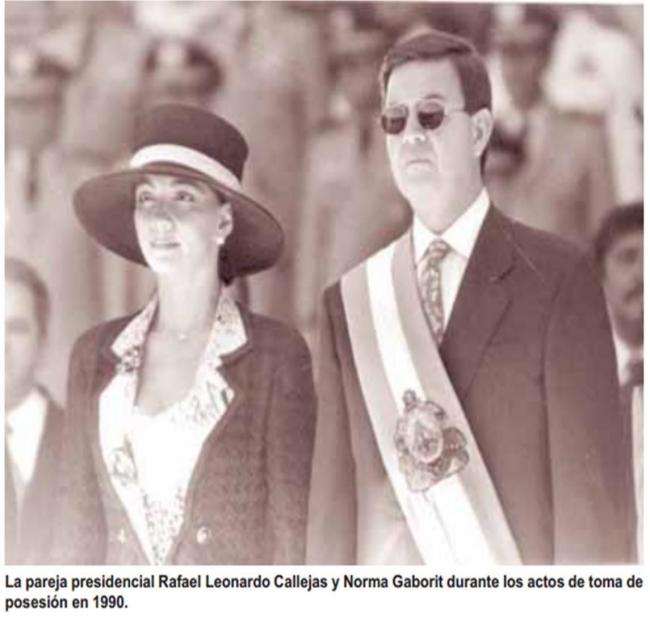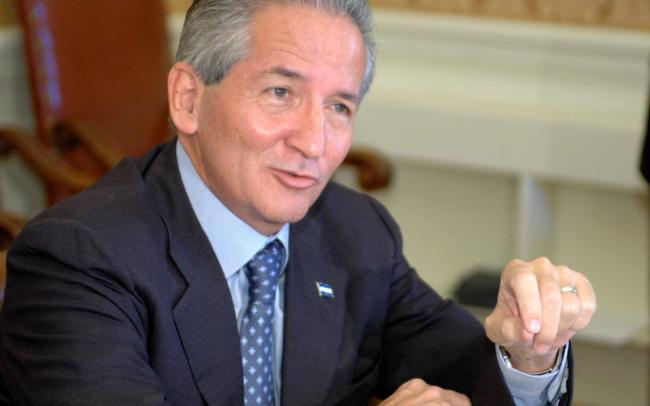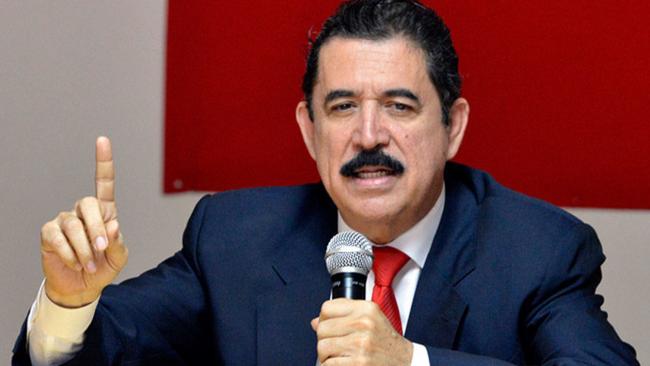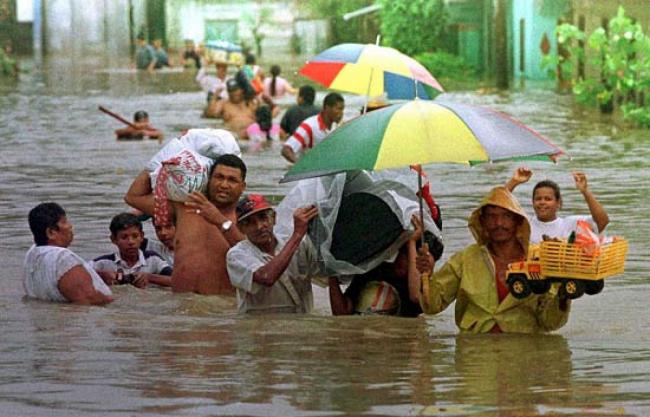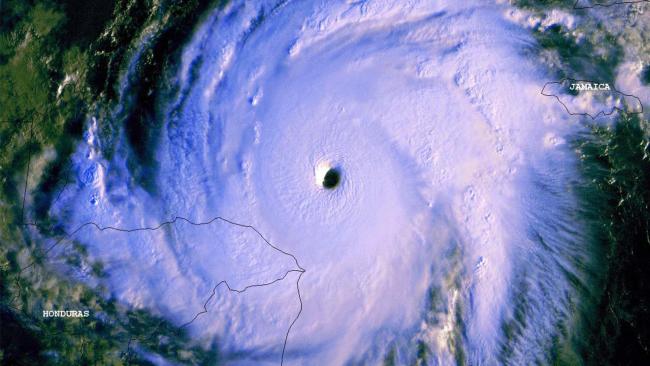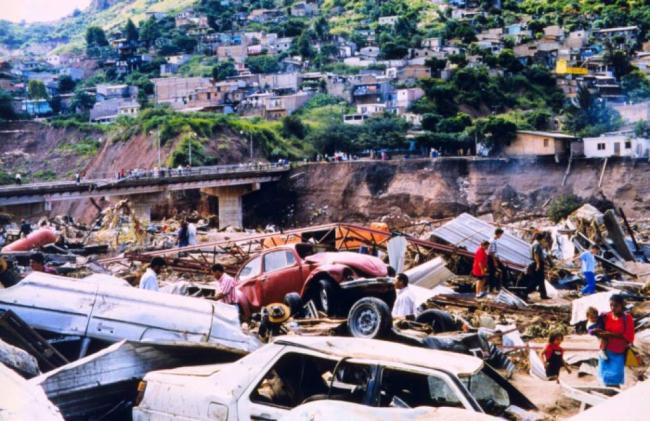As far as this period is concerned, perhaps the government that is most identified by economic measures impacting the various sectors of society is the government of Rafael Leonardo Callejas, his government term is characterized by the following measures: Some characteristics of greater relevance:
a) There is an open imposition of a neoliberal economic system, under the free market scheme, known as Structural Adjustment Policy.
b) The monetary devaluation is formalized, to the detriment of the national economy with the objective of achieving a good amount of material works.
c) The constitution and reconstruction of the country's road infrastructure is evident, leaving a strong fiscal deficit to the successive government.
Within the laws issued in this government we can list the following:
-Law on the Structural Organization of the Economy (baptized by the people as Paquetazo), with this law the Lempira is quoted against the dollar at L. 4.30 x $1.00. The 2x1, had been maintained since 1929. This measure favored those who had accounts in dollars both in the country and abroad.
In 1998 and near the end of the twentieth century, Hurricane Mitch (1998), which consequences are incalculable, and which impact was felt directly or indirectly by all the Honduran citizens. Some indicators only to have an idea: destruction of the productive structure, loss of water supply, and more than 400,000 people suffered material damage.
As a response to this phenomenon, the Master Plan for National Reconstruction, formulated in the Poverty Reduction Strategy (ERP), was implemented:
Generate an equitable, sustainable and participatory development strategy.
-Facing the problem of: Poverty, Environment and Democratic Participation.
-Promote Human Development: Education, Culture, Health, Nutrition and Housing.
It is worth remembering that for the first time a new political party participates in this electoral race. The Democratic Unification (UD), identified since its foundation as a left-wing political party and promoting itself as a standard-bearer party of the popular classes specifically of the sectors organized in unions, peasant movements, teachers' organizations, human rights defenders, among others.
In 2001, at the beginning of the 21st century and the Third Millennium, the candidate of the National Party, led by businessman Ricardo Maduro, was victorious. After a hard battle for his registration, as he is considered a Panamanian citizen, he became president to govern us from 2002 to 2006.
Under a campaign promise "My Commitment to You", Ricardo Maduro developed a government platform centered on three fundamental pillars. The Government of the People, a Safe Future and Cero Tolerance. The latter was the most outstanding and the one that aroused most expectations among the population because the objective was to fight against the scourges of insecurity generated by gangs, organized crime and reflected in drug trafficking gangs, vehicle theft, illegal trafficking, etc. Its strategic government plan was based on a "Country Vision towards the year 2021" in the framework of the second centenary of national Independence.
In 2005, the government of Manuel Zelaya Rosales, in its project of social inclusion, initiated a program with the purpose of reducing the housing deficit, implementing free enrolment in schools and colleges, and respecting the Teacher's Statute. These measures lead the approach with the popular sectors.
This rapprochement was reflected in his speeches, in which he stated that "the Honduran people have not been, nor will they be, victims of the feared "structural adjustment of the economy" ("packetazos"), another is the subsidy implemented to the price of fuel and collective transport, the implementation of the technological bonus, a subsidy in four areas: corn, beans, rice and millet, the free tuition made a reality, etc.".
